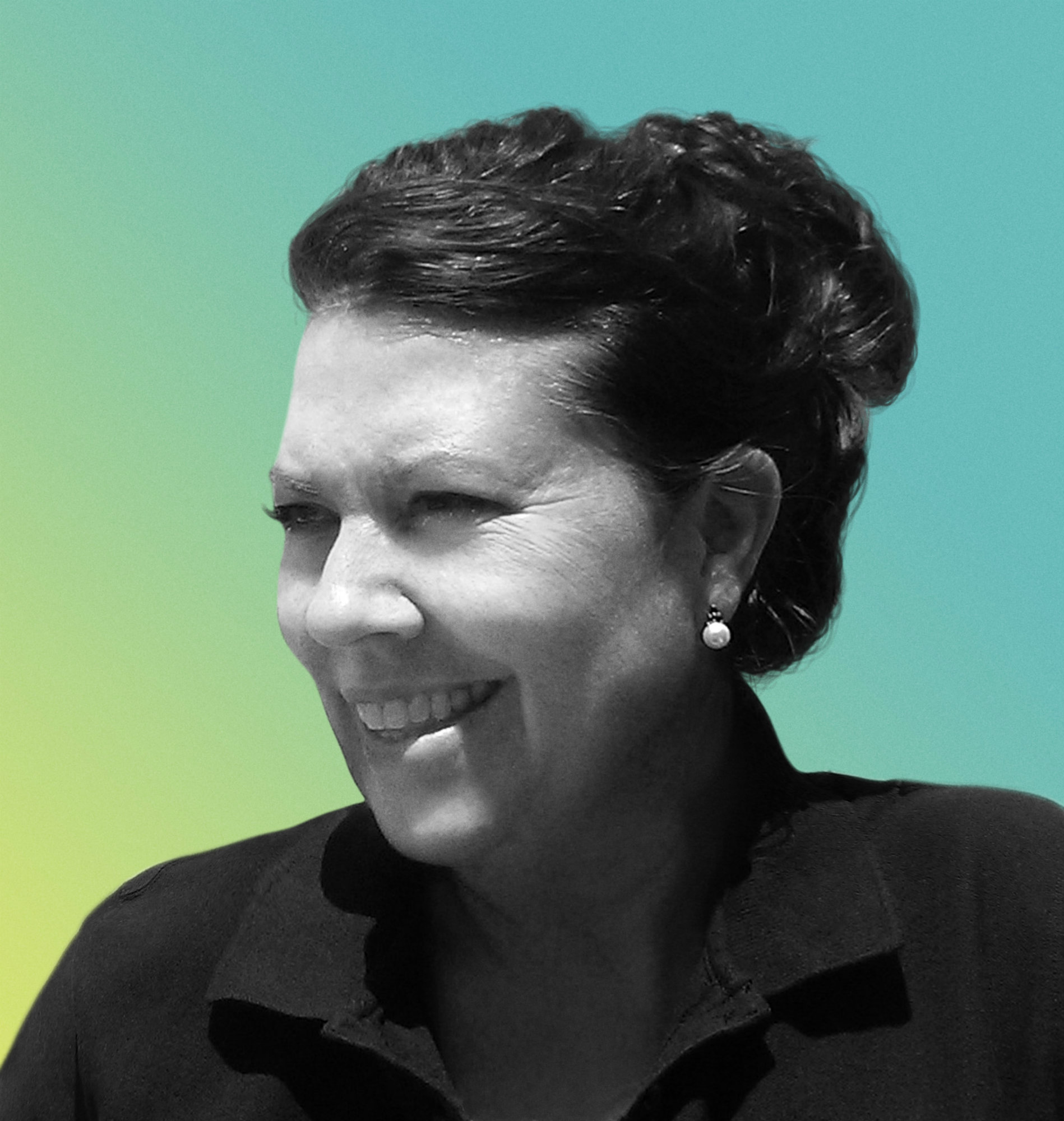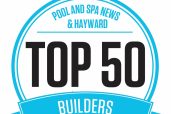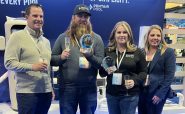My first job — and career — was being a nurse. Right out of high school, I went into Licensed Practical Nurse school and then Registered Nurse school.
I worked as either an ICU or surgical nurse for about 27 years.
I was working as a freelance surgical nurse when I decided to switch careers. Nursing is a young person’s career — it’s very physically demanding. It was great for raising my kids, because I could work many years part-time. But I was ready for something different.
My exposure to the pool industry came by chance. Between freelance nursing, I was a stay-at-home mom who took the kids to our local pool every day. The community parents asked me to become the pool committee lady, and I obliged because I wasn’t doing anything else.
We hired and fired quite a few pool companies; they didn’t do a good job. At some point, I thought, “I should just do this myself. It can’t be that hard.”
Making connections
I started looking at the correlation between the human circulatory system and the pool. The pump is like the heart, and you have all the piping, which would be the arteries and veins. The filter would be the kidneys and liver.
My medical background helped me manage these pools handily. There are only so many parameters you can test for when it comes to pool-water chemistry, but the human body has a lot of variables. There’s a short list of things to put in the pool — you’re talking a handful versus hundreds of blood work tests and pharmaceuticals for the human body.
In 2003, I took the leap and started my company, Splash Pool Management. But my nursing experience always stays with me.
I have found using the body comparison to be helpful when teaching people who are new to the industry, especially those, such as receptionists and retail store employees, who won’t have technical jobs. Most people have basic knowledge about the body’s systems from health class, which helps them grasp the concept when applied to pool sanitation. It’s also easier terminology for customers to follow.
Safety has always been my big issue in the pool industry, and I think that stems from being a nurse. I do things like remind my service techs to bend with their knees. Nurses are constantly looking at everything from a safety perspective.
I also am used to plenty of documentation. In the medical field, you have to document everything — all day long. I found this works with my clients as well. So I have a database and forms that my employees use.
A lawyer friend of mine gave some good advice in the early days of my company. He said, “If you look at everything from a legal/safety perspective and document it, you can’t go wrong.” I was already used to that mindset, so that’s how I run my company.
We monitor and treat all aspects of pool and spa water chemistry continuously. And I try to do more than the codes and standards require. Water testing is mandated by the county twice a day, but we do it three or more times. If I’ve documented every hour that I’ve tested a pool on the July 4th weekend, then I’ve gone above and beyond the minimums. I can sleep better at night if I know I’ve done everything I can to make things as safe as possible.
Still giving back
One thing I loved about being a nurse was helping people in their time of need. While the pool industry is very different, my work still allows me to help others.
My favorite thing about the industry is teaching — teaching a service tech how to take apart a pump or teaching a young child how to dive into a pool. I get a lot of enjoyment out of sharing information. That’s why I served as an instructor for the American Red Cross for a while.
Throughout my entire company, an ability to perform CPR is mandatory. It doesn’t matter what your job is — from lifeguard to service tech. All of my employees get CPR training. Not everyone realizes the value of this training until they’re faced with a situation.
I had a former service tech, who no longer worked for the company, call me out of the blue one day. He said, “I wanted to thank you.” He explained that he was just the first person on the scene of a car accident. “Everything you taught me kicked in,” he said.
He went on to tell me how he was so afraid he wouldn’t remember how to do CPR or that he’d make a mistake. My instruction of — “Just touch them, and it’ll come to you” — stuck with him and he was able to save a stranger.
This was one of a few times where my nursing career and pool industry career came together. The result was very rewarding.




